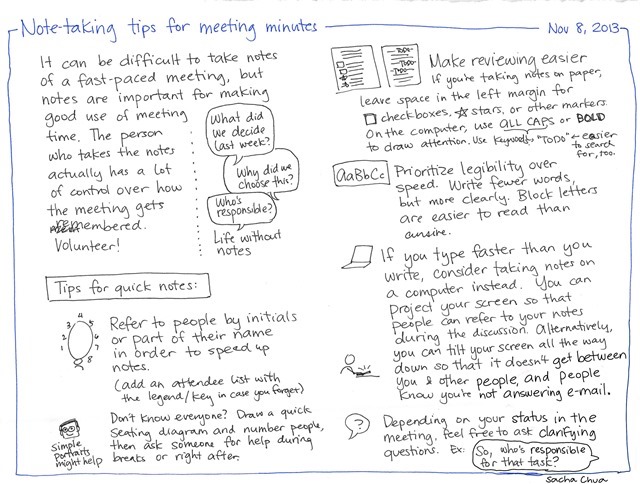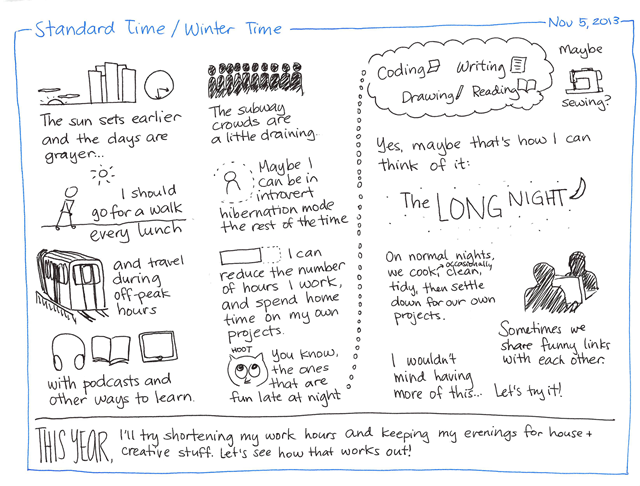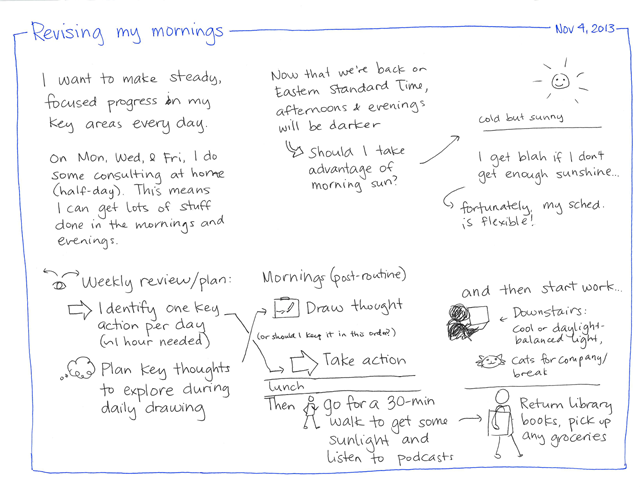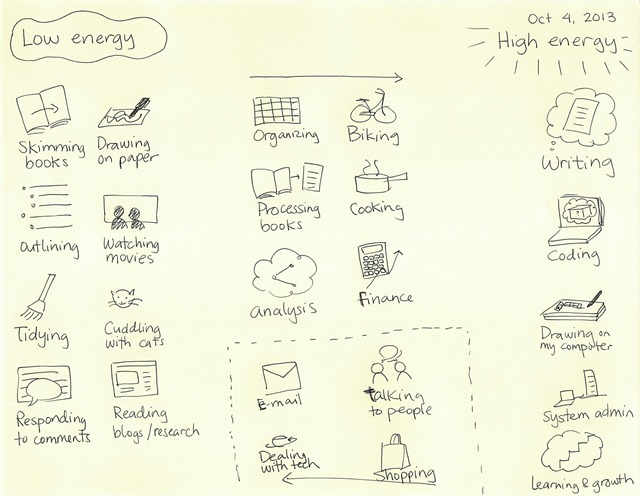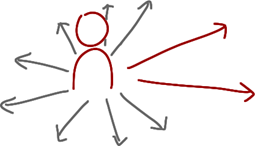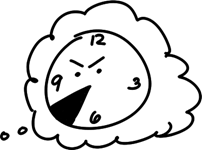It’s easy to get discouraged by the vague feeling that you’re ignoring lots of things that you wanted to work on: hobbies that fall by the wayside, projects gathering dust on your shelves, Someday/Maybe lists that grow and never shrink. I’m learning that thinking about what’s on your back burner can help you make your peace with it, deliberately choosing what you want to work on during your discretionary time and letting go of the rest.
I’m focusing on consulting this October and November. Assuming all goes well, December will be taken up by a vacation: wrapping up consulting, going on vacation, and recovering from the whirlwind. I’m going to be less “retired” than I thought I’d be at this point, so I want to be deliberate about what I’m putting on the back burner and what I should keep doing.
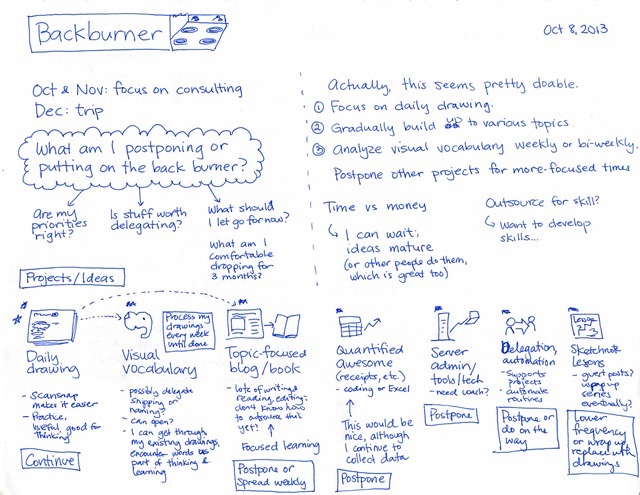
Consulting leaves me with one or two days a week when I can focus on other projects. I also have little bits of time here and there, and some time in the evenings. What do I want to fit into those opportunities?
Daily drawing: I really like this practice of thinking about ideas or questions on paper, and I plan to continue doing this. Since I’ve made it a warm-up and cool-down activity, I don’t need a lot of separate focused time for it. I draw to start and end my day, and I spend a little time filing new sketches. Decision: Continue doing this in small pieces.
Visual vocabulary: Someone asked me if I could share my visual vocabulary with people. I had figured out a good workflow for building my visual vocabulary using other people’s sketches, but I didn’t want to share my 1,000+ term collection because it’s based on other people’s sketches (copyright, you know!). So I started building a new visual vocabulary using only my own sketches. So far, I’ve processed all of my sketchnotes from 2013.
The next step is to process my personal sketches (including my daily sketches) from 2013, and then start going backwards in time. Although the work was simple and not challenging, it was a lot of fun reviewing my past sketches and remembering what the talks were about. Decision: I’ll spend a little time on this each week. I thought about outsourcing parts of it, but it’s probably going to be easier, faster, and more useful if I do this myself.
Topic-focused blog/book: I’ve been playing around with the idea of spinning off a separate blog focused on a small set of topics. The poll results were tied between learning/writing/notetaking/etc. and visual thinking/mind mapping/planning/etc., so I’m planning to focus on learning/writing/notetaking/etc. first because that will let me do all the rest even more effectively. Decision: I probably won’t split it off into a separate blog yet, though. I’ll use some of my daily drawing time to explore topics and flesh them out into a series of blog posts – possibly hitting two birds with one stone. =)
Quantified Awesome: I have bugs to fix, features to add, analyses to run… Well, the bug fixes come first. I’m going to set aside some of these focus days or weekends to get token authentication and a few other things working again. I’m curious about my groceries data now that I have more than a year of it, so I’m looking forward to crunching the numbers. Just how much rice do we go through in a year? How can we organize our space to allow us to stock up even better? Decision: Coding benefits from long periods of focus time, so I should use my free days for this. Once I get past the bugs, though, I’m okay with scaling back on this a little.
Server administration, learning new tech skills: My web server isn’t set up optimally. It’s probably slower and more conservative than it needs to be. There are configuration options I haven’t dug into, performance limits I haven’t tested, and so on. Still, my server hasn’t fallen apart recently, and it should be fine for now. Learning new programming languages, frameworks, or platforms might also help me in the long run, but that’s something I can guiltlessly postpone for this quarter. Decision: Postpone, revisit next year.
Delegation and automation: I keep wondering about how I might be able to take advantage of other people’s skills and experiences in order to learn more or do more, but I’ve been slacking off in terms of actually delegating things to people. I’ve been digging into why that’s the case (what are my excuses? am I missing some quick wins?), so you’ll probably see a blog post about that shortly. Still, I don’t want to delegate for the sake of delegating. I want to make sure that I specify work clearly and can pay enough attention to give good feedback as well as learn from the experience. This takes time and brainspace. I’ll dig into this if the opportunity comes up, but I don’t mind waiting until later.
As for automation, I’ll probably learn more about that on the way to doing other things. For example, AutoHotkey looks like it will repay further study. I’ll use some of my focus days to tweak things here and there, but I don’t need to push too hard on this. Decision: Postpone or do opportunistically.
Sketchnote lessons: This is where I teach myself (and other people!) more about sketchnoting by drawing different variants of common techniques. It helps broaden my visual vocabulary. I currently publish a sketchnote lesson every Thursday. If I make it less formal and more playful, I might be able to fold it into my daily drawing / doodling sessions. For example, I might try drawing people in different professions or in different situations as a way of expanding my visual vocabulary. This does require a bit more research, though, because I need to look at other people’s sketchnotes and reference photos. If I relax my expectations of publishing and make it, say, once a month, then I don’t have to worry about scraping the bottom of the barrel. (I should do one just about metaphors… =) ) That way, if I end up ramping up my drawing/doodling so that I have something publishable once a week or once every two weeks, that’s awesome. Decision: Scale back a little, and focus on doodling different categories?
Wrap-up
When I started thinking about what’s on my back burner, I felt a little overwhelmed. There was too much to fit into my week, not to mention the stuff on my Things I want to learn list that I haven’t gotten around to even starting. As I thought about what I could fit into small pockets of time, what needed more focus, and what I could postpone, things felt more manageable. Now I have a few things I can focus on, and I don’t have to feel bad about temporarily letting go of some of the things I was curious about. We’ll see how this works!
There will always be more things you want to do than time to do it in. You can get stressed out by your limitations, or you can exercise your ability to choose. Good luck!

